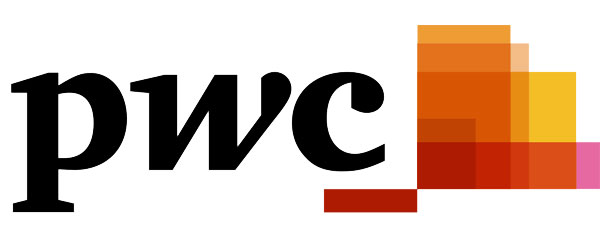Various guidance issued on the new Labour Code
PwC Legal Vietnam
15th January 2021
Three decrees and a circular were issued by the government and the Ministry of Labour recently to guide the new Labour Code, including the following: 1) Decree 145 clarifying various matters in the new Labour Code (dated 14 December 2020), 2) Decree 152 on foreign employees working in Vietnam and Vietnamese employees working for foreign organisations in Vietnam (dated 30 December 2020), and 3) Decree 135 detailing the Labour Code’s provisions on new retirement ages (dated 18 November 2020).
Three decrees and a circular were issued by the government and the Ministry of Labour recently to guide the new Labour Code, including the following: • Decree 145 clarifying various matters in the new Labour Code (dated 14 December 2020), • Decree 152 on foreign employees working in Vietnam and Vietnamese employees working for foreign organisations in Vietnam (dated 30 December 2020), • Decree 135 detailing the Labour Code’s provisions on new retirement ages (dated 18 November 2020), and • Circular 10 guiding labour contract contents, collective bargaining council and jobs that adversely affect reproductive function and child rearing (dated 12 November 2020). Except for Decree 145 and Decree 152 which are coming into effect on 1 February and 15 February respectively, the new Labour Code and its other guiding instruments came into effect on 1 January.
1. Labour disciplinary matters The new Labour Code and Decree 145 require new contents be added to companies’ Internal Labour Rules (“ILR”), such as: • prevention of sexual harassment in the workplace and the procedures for dealing with breaches, • cases where an employer can temporarily transfer an employee to work that is different from that agreed in the labour contract, and • the person authorised to impose disciplinary penalties. Decree 145 also stipulates that employers with less than 10 employees are not required to have written ILR. However, they must agree on labour disciplinary issues and material responsibilities in labour contracts signed with their employees. 2. Protection of business and technology secrets Protection of business and technology secrets may be included in a labour contract as stipulated in both the previous and the new Labour Codes. However, for the first time, Circular 10 provides guidance on handling breaches in this regard. • If an employee’s breach occurs during the term of a labour contract, it shall be handled in accordance with Article 130.2 of the new Labour Code. • If the employee is detected committing such a breach after terminating the labour contract, it shall be handled in accordance with the civil laws and other relevant laws. 3. Longer advance notice required for termination of management positions Given the new Labour Code allows a longer probationary period for certain management positions (180 days instead of 60 days previously), under Decree 145, employees holding such positions must give at least 120 days advance notice (instead of 45 days) before termination of labour contracts with indefinite terms/definite terms of 12 months or more, or give notice equal to at least a quarter of the term if they have labour contracts with terms less than 12 months
Please Login or Register for Free now to view all updates and articles
In addition to free-to-view updates and articles, you can also subscribe to the full Legal Centrix Vietnam Service including access to:
- Overview notes on the law
- Thousands of high quality translations of legislation covering all key business areas
- Legal and tax updates
- Articles on important legal and tax issues
- Weekly email alerts
- Sophisticated web platform and search
Legal Centrix is trusted by top law and accounting firms.
Author

-
PwC Legal Vietnam
Vietnam
Tags
Related Content
- No related content
Recent updates
- Vietnam: Mediation in Intellectual Property disputes
- Vietnam: Recent Regulations On Auctioning Land Use Rights For Residential Land Allocation, Capital Contribution Activities in Credit Institutions, and Personal Data Protection
- Vietnam: Third-party funding in the resolution of investment-related disputes: A financial risk-reduction method for doing business with Europe
- Vietnam: Shareholders’ agreements indirectly recognized via beneficial ownership
- Vietnam: Electronic signatures in investment registration dossiers: Inevitability and practical challenges
- Vietnam: Customs Alert - Circular No. 121/2025/TT-BTC on Customs procedures and Tax administration for import and export goods

